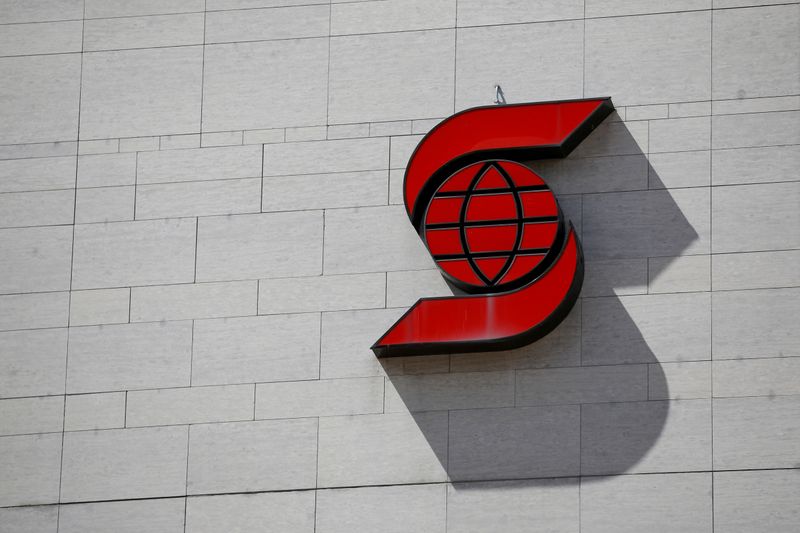By Peter Hobson
LONDON (Reuters) - U.S. regulators were investigating Bank of Nova Scotia's ( Scotiabank 's) (TO:BNS) metals trading activities several months before it told staff it would wind down the unit, according to its most recent earnings report.
Scotia, one of the most venerable names in the gold trade, told staff in a global call on April 28 that it would wind down its metals business by around the start of 2021, two sources familiar with the matter told Reuters at the time.
Scotia has declined to comment on the report.
In its first quarter earnings statement in February, Scotia said its metals business was under investigation by U.S. regulators.
"The Commodity Futures Trading Commission (CFTC) and the Department of Justice's Criminal Division are conducting investigations into (Scotiabank's) activities and trading practices in the metals markets and related conduct," it said.
It said it was "responding to requests for information related to these investigations."
Scotia did not respond to a Reuters request for comment on the investigation. The DoJ and CFTC declined to comment.
A U.S. court filing in March shows that Scotia also provided around 800,000 pages of evidence to regulators probing precious metals trading at JP Morgan Chase & Co. (N:JPM).
Six current and former employees of JPMorgan have been charged since 2018 in relation to alleged spoofing, a technique that involves traders pushing markets up or down by placing bids to buy or offers to sell but cancelling them before execution.
JPMorgan has said in U.S. regulatory filings that its metals trading practices are the subject of probes from "various authorities" and that it is "responding to and cooperating with these investigations".
CURTAIN DRAWN
The winding down of Scotia's metals business draws the curtain on what was for years the world's biggest lender to the physical precious metals industry, with a history stretching to the founding in 1684 of London gold dealer Mocatta Bullion.
Scotia's senior management had long viewed its metals business as inherently high risk and out of step with its core strategy, six sources familiar with the matter said.
In its heyday a decade ago, ScotiaMocatta, as the unit was known, brought in around $300 million a year, but increasing regulation has required more capital to be put aside to back trading, making it less profitable.
In 2017, Scotia decided to sell the metals business, but failed to find a buyer and instead sharply downsized it.
Scotia also tried to sell its India metals operation, one of the biggest importers of gold to India, but decided last year to close it, three sources with knowledge of the matter said.

"They changed it and downsized it to fit the profile they wanted," one of the sources said. "But they realised it is still more than they want."
